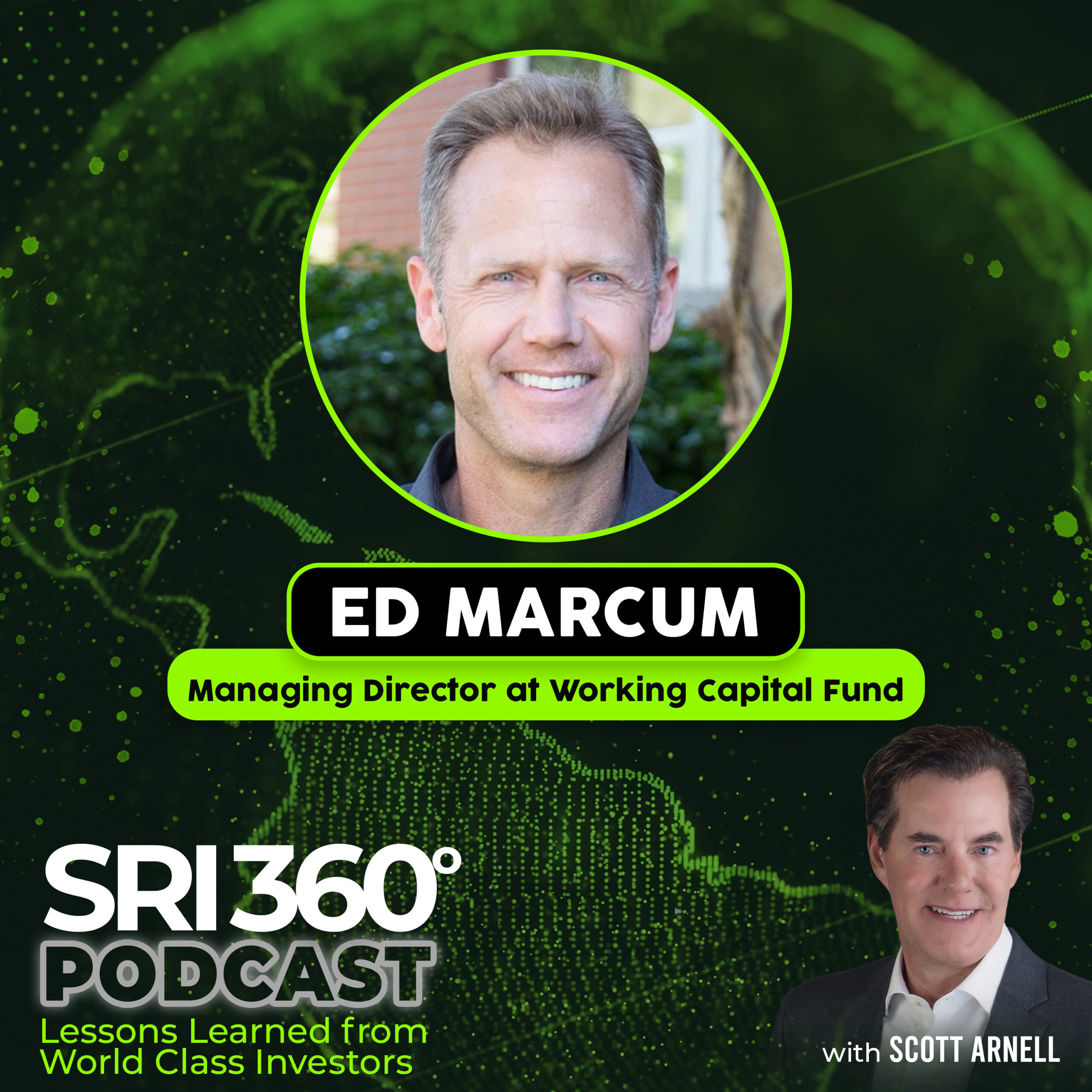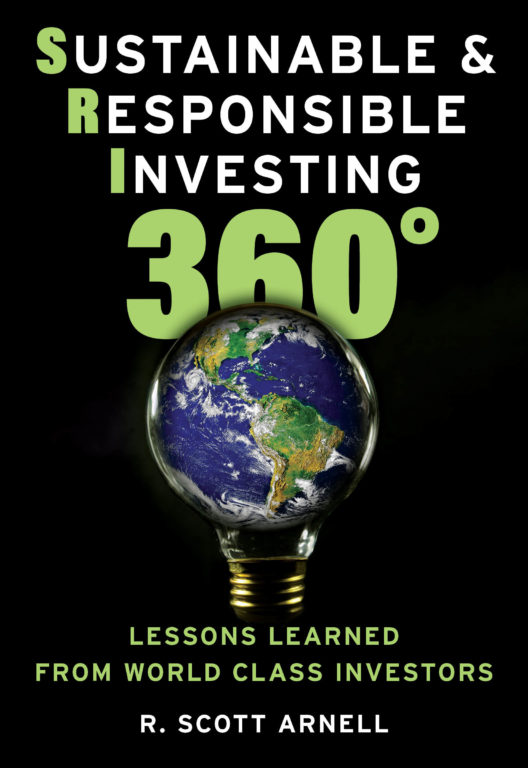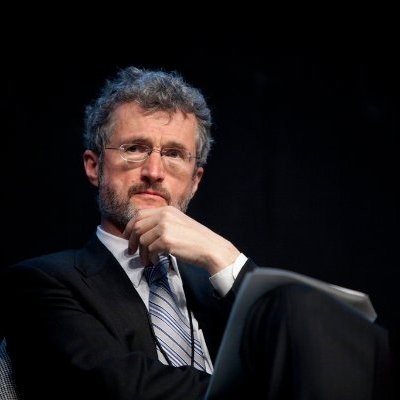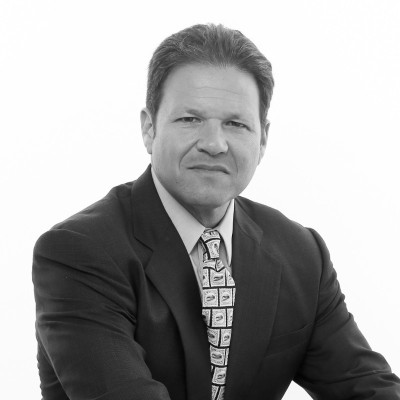
“Traditionally, ignorance was bliss for many companies. But now, it’s becoming a requirement for thousands of companies to know their supply chain, assess risks, and address problematic suppliers. ”
— Ed Marcum
Working Capital Fund is not your typical venture capital firm; it’s a pioneering organization investing in early-stage startups, focusing on eradicating harmful labor practices in supply chains.
In this episode, we explore Ed Marcum’s unique journey from Santa Cruz to leading the charge against labor exploitation as the Managing Director of Working Capital Fund.
Marcum’s career choices were heavily influenced by his parents’ commitment to social activism. After studying political science at UC Berkeley, Marcum had a brief but impactful tennis career, instilling in him lessons of resilience and hard work.
Following his tennis stint, Marcum recognized the need to integrate business skills into mission-driven work. Pursuing an MBA at Wharton broadened his skill set, opening the door to impact investing. This transition began at the Omidyar Network, working for Pierre & Pam Omidyar and focusing on human rights issues.
Within Humanity United, Marcum spearheaded efforts against labor exploitation in multinational companies’ supply chains. Advocating for policy changes, supporting investigative journalism, and benchmarking companies, he aimed to motivate corporations to adopt responsible practices.
Identifying technological innovations to tackle supply chain issues, Marcum laid the groundwork for the Working Capital Fund. Initially incubated within Humanity United, the fund became an independent entity in 2020, marking a pivotal moment in its evolution.
They invest in startups offering scalable solutions to enhance supply chain accountability, promoting a more equitable and sustainable global supply chain ecosystem.
The fund is committed to addressing the root causes of exploitation in these supply chains as they view it as a systemic issue. Labor exploitation is often a byproduct of the global commerce system, driven by the demand for cheap goods and outsourced production, which ultimately affects the most vulnerable people.
Forced labor, wage theft, child labor, and other forms of exploitation are pervasive issues that cut across various industries and geographical regions.
Marcum highlights a significant change in recent years – the global push for supply chain transparency. With the implementation of various regulations, what was once voluntary has become mandatory.
Companies must now take responsibility for knowing who is in their supply chain and ensuring responsible practices. This shift creates a vast and growing market for investments aimed at improving transparency and accountability.
I enjoyed my discussion with Ed and learned a lot about the dark side of global supply chains.
Tune in to this episode to hear how Working Capital Fund is changing global supply chains. Please enjoy!
Listen to the episode on Apple Podcasts, Spotify, Overcast, Podcast Addict, Pocket Casts, Castbox, Google Podcasts, Amazon Music, or on your favorite podcast platform. You can watch the interview on YouTube here.
What was your favorite quote or lesson from this episode? Please let me know in the comments.
SCROLL BELOW FOR LINKS AND SHOW NOTES…
SELECTED LINKS FROM THIS EPISODE:
- Connect with Ed Marcum: LinkedIn, Twitter/X (Working Capital Fund)
- Working Capital Fund
- Global Education Partnership
- Humanity First Initiative
- Omidyar Network
- Humanity United
- Save Darfur Advocacy Movement
PEOPLE MENTIONED:
SHOW NOTES:
[00:00] Episode introduction
[02:01] Ed Marcum’s career journey
[20:27] Working Capital Fund
[27:07] Who is in the global supply chains?
[31:20] The scale of the labor exploitation problem
[39:59] What constitutes labor exploitation
[43:41] Working Capital Fund’s theory of change
[49:37] How Working Capital Fund deploys capital
[55:16] Investment selection process for the fund
[01:20:58] Red flags to look out for in supply chains
[01:27:17] Rapid fire questions
MORE ED MARCUM QUOTES FROM THE INTERVIEW:
“Labor exploitation is a feature, not a bug, of the global commerce system, driven by the demand for cheap goods and outsourced production without outsourced accountability. ”
— Ed Marcum
“We’re seeing a move towards recognizing that holistic responsibility for what takes place in your supply chain is going to be expected. ”
— Ed Marcum








